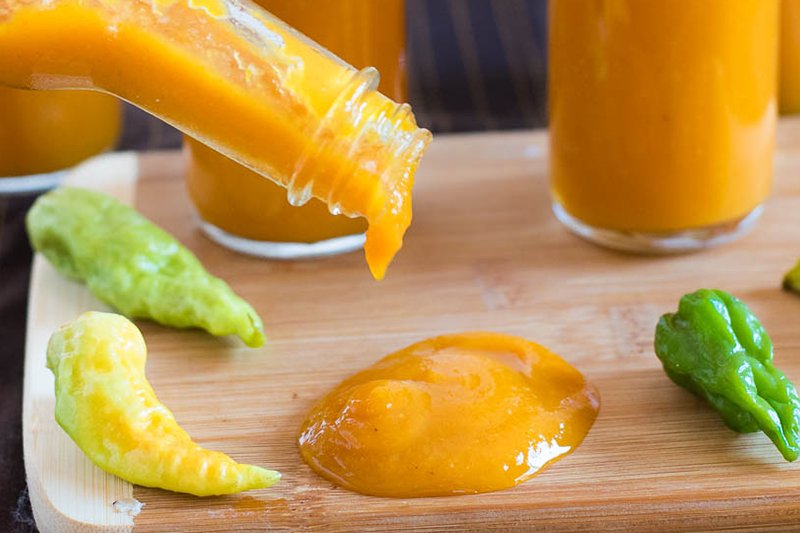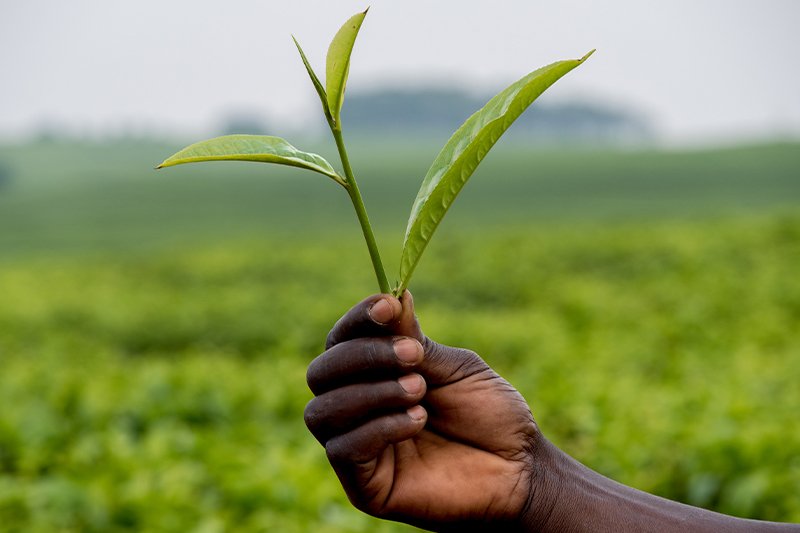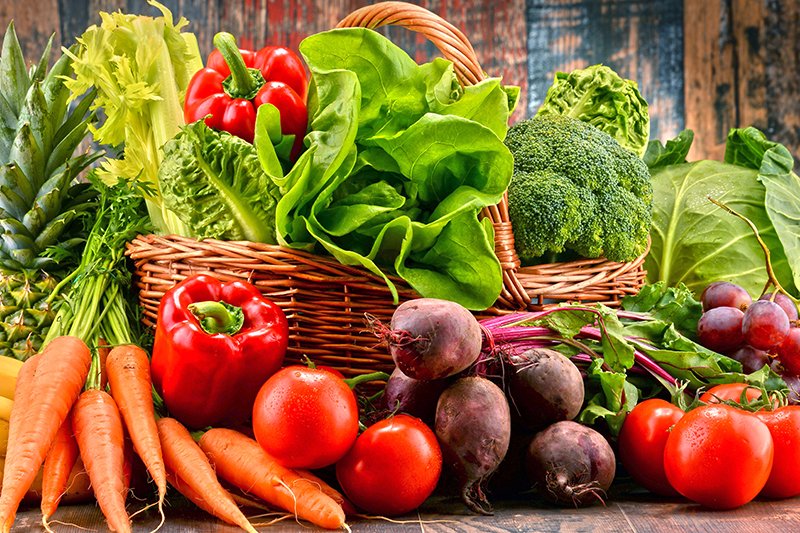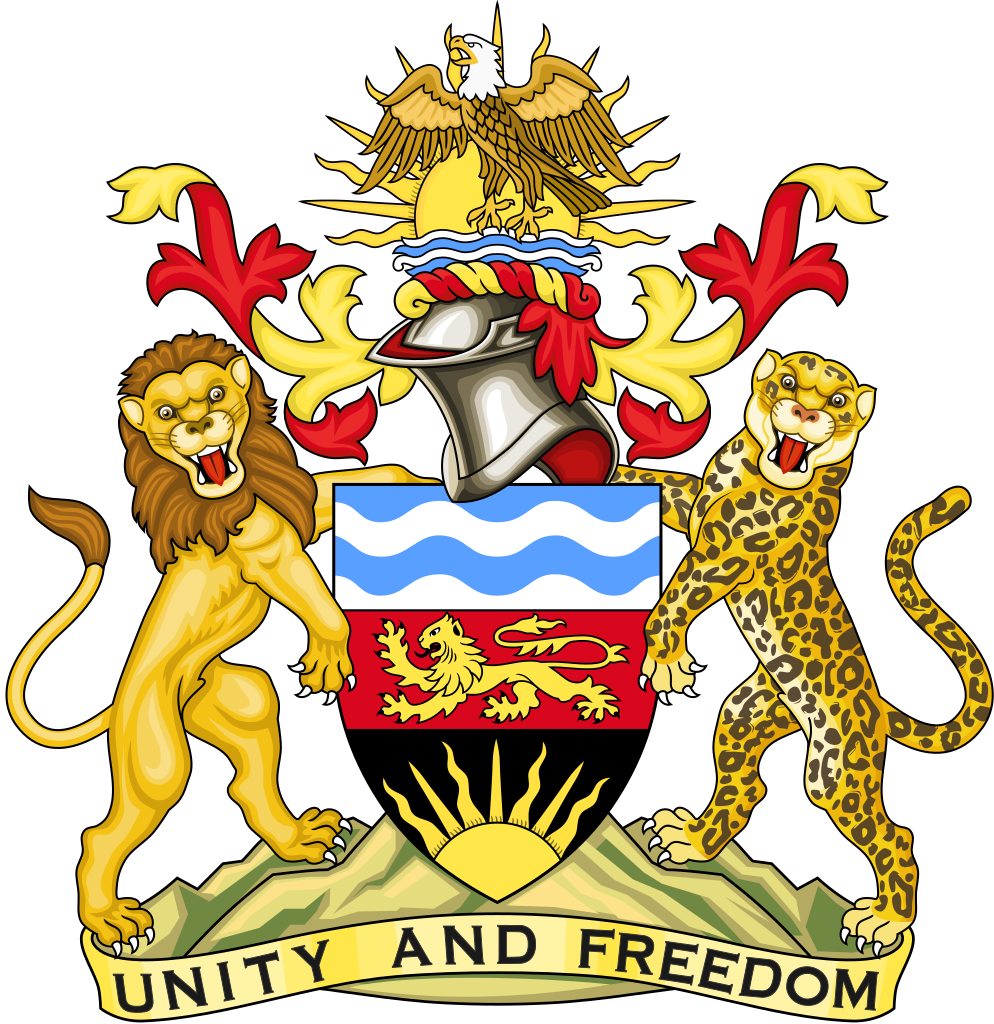Export opportunities
Malawi produces a wide range of export products, such as tobacco, tea and sugar, which is the most traditional for export, surpassing 80% of domestic products exported from Malawi. However, as a result of the diversification of exports, some nontraditional products have been developed with the purpose of being exported. Non-traditional products fall into three categories: agricultural, manufactured, and other products. Agriculture still remains the main base of the country’s economy.
The following topics highlight export opportunities for selected products across major markets:
Commercial Atmosphere
Commercialization in Malawi is legalized through an import and export license, which is only needed for some products where safety and health risks are relevant items. Malawi is part of a large number of bilateral, regional and multilateral trade agreements aimed at facilitating business trade. The main trade agreements are between the World Trade Organization (WTO), the European Union, through Everything But Arms (EBA), the Southern African Development Community (SADC) and the Common Market for East Africa and Austral (COMESA). In addition to the WTO, such trade agreements provide privileges to goods originating in Malawi. In addition, Malawi is also a beneficiary of the African Growth and Opportunity Act (AGOA).

Tobacco
Tobacco is the cornerstone of Malawi’s economy and the largest supplier of foreign exchange in the country, accounting for 60% of total domestic export revenue. Malawian tobacco is also recognized for its ideal texture for filling cigarettes. Malawi is the largest producer of cured tobacco in the world, and about 75% of the Malawian population is dependent on tobacco cultivation.

Coffee
Malawi is a producer of Coffea Arabica, a kind of natural coffee that is produced mainly for the export market. Coffea Arabica is cultivated by small-scale rural farmers, and with the creation of the Malawi Coffee Association (CAMAL), it is estimated that the production of excellent coffee will grow. There are also investment opportunities in the area of instant coffee production. The largest coffee exporters in Malawi are Germany, the United States and South Africa.

Wheat
Wheat is an important product for both food and profit. Usually, it grows under residues of moisture and transient rainfall in some regions of the country. The demand for wheat is high, and its current production is approximately 4,605 tons per year, while the total grain production required is approximately 30,000 tons.

Food
Grains include beans, chickpeas, pigeon peas, ground beans, kidney beans, and Chinese beans. Some of these grains are used as a basic ingredient for the “ dal ” (dish of Indian cuisine), and are a source of protein and considered a delicacy by people of Asian origin. Grains are also affordable and substitute for animal flesh.

Sugar
Sugar is a source of foreign exchange, behind only tobacco and tea. The excellent climatic conditions and fertile soil combined with irrigation from safe water sources are ideal for raising productivity in today’s high-quality sugar cane crop. Through its regional and multinational advantage, Malawi’s sugar continues to have a strong commercial presence within its region, the United States and the European Union.

Pepper Sauce
Pepper sauce is one of the most popular products that Malawi produces, both for regional markets and for global export markets. The sauces are produced in different flavors, and are perfect in the preparation of varied dishes.Currently, Malawian pepper sauce is exported to South Africa, Germany and the United Kingdom.

Tea
Malawi is Africa’s second largest tea producer. Tea is generally produced on farms and its crop is the second largest on the export side, after tobacco. The main tea plantations are located in the districts of Mulanje and Thyolo, and occupy 16,000 hectares of land, about 160,000,000 m². Malawi is the pioneer country in the production of tea in Africa, beginning its commercialization in the 1880s in the district of Mulanje. Malawi has a similar type of tea, to which it adds other types of tea.

Vegetables
Vegetables are a source of minerals and vitamins. The favorable climatic conditions make possible the cultivation of vegetables in almost all the country. Despite this, the supply of vegetables is low during some times of the year. The irregular distribution of vegetables causes a deficit that makes the country need to import vegetables, mainly exotic, from neighboring countries like South Africa. The products most commonly grown in Malawi and that have export potential are: pod, okra, tomato , onion, asparagus, mini cabbage, aubergine, lettuce, sweet corn, champignon and shimeji-black.

Cotton
Cotton is a traditionally important commodity for the commercial crop of Malawi, and contributes to the agricultural yield of more than 200,000 families. In order to stimulate production for export, the Government has provided extra funds to train rural producers in their agricultural investments. It is estimated that cotton production could easily reach the 100,000 ton mark, as a result of increased investment and income.
